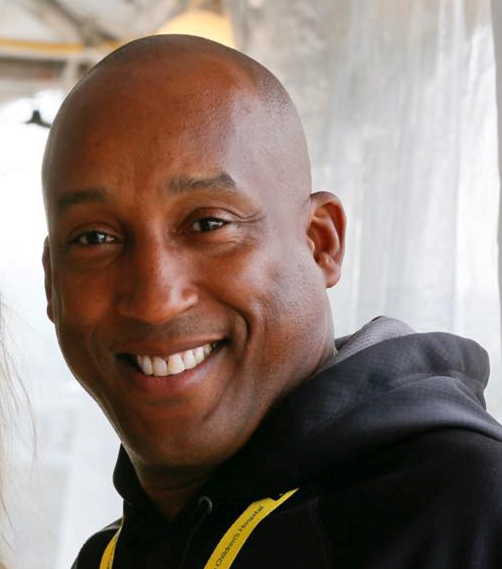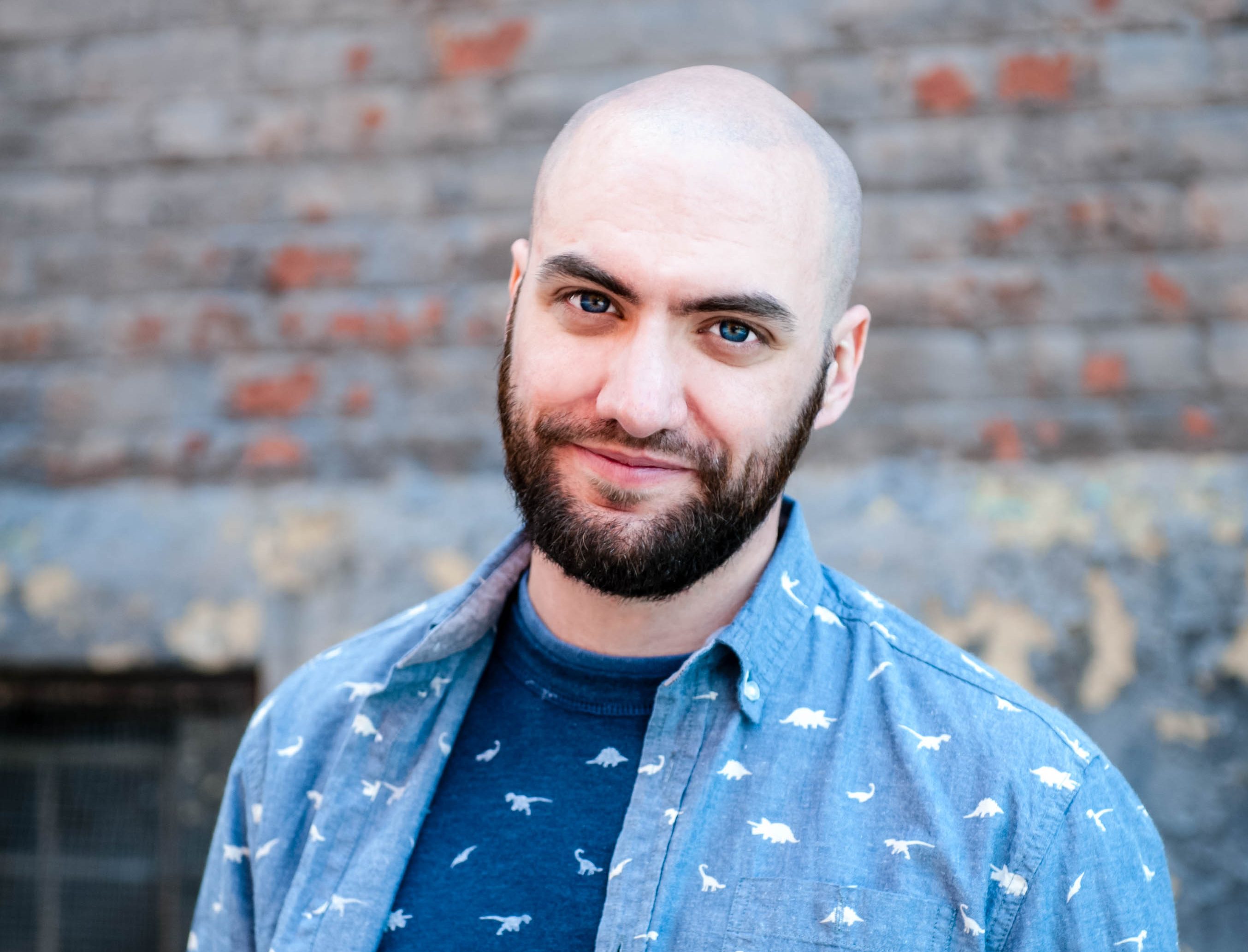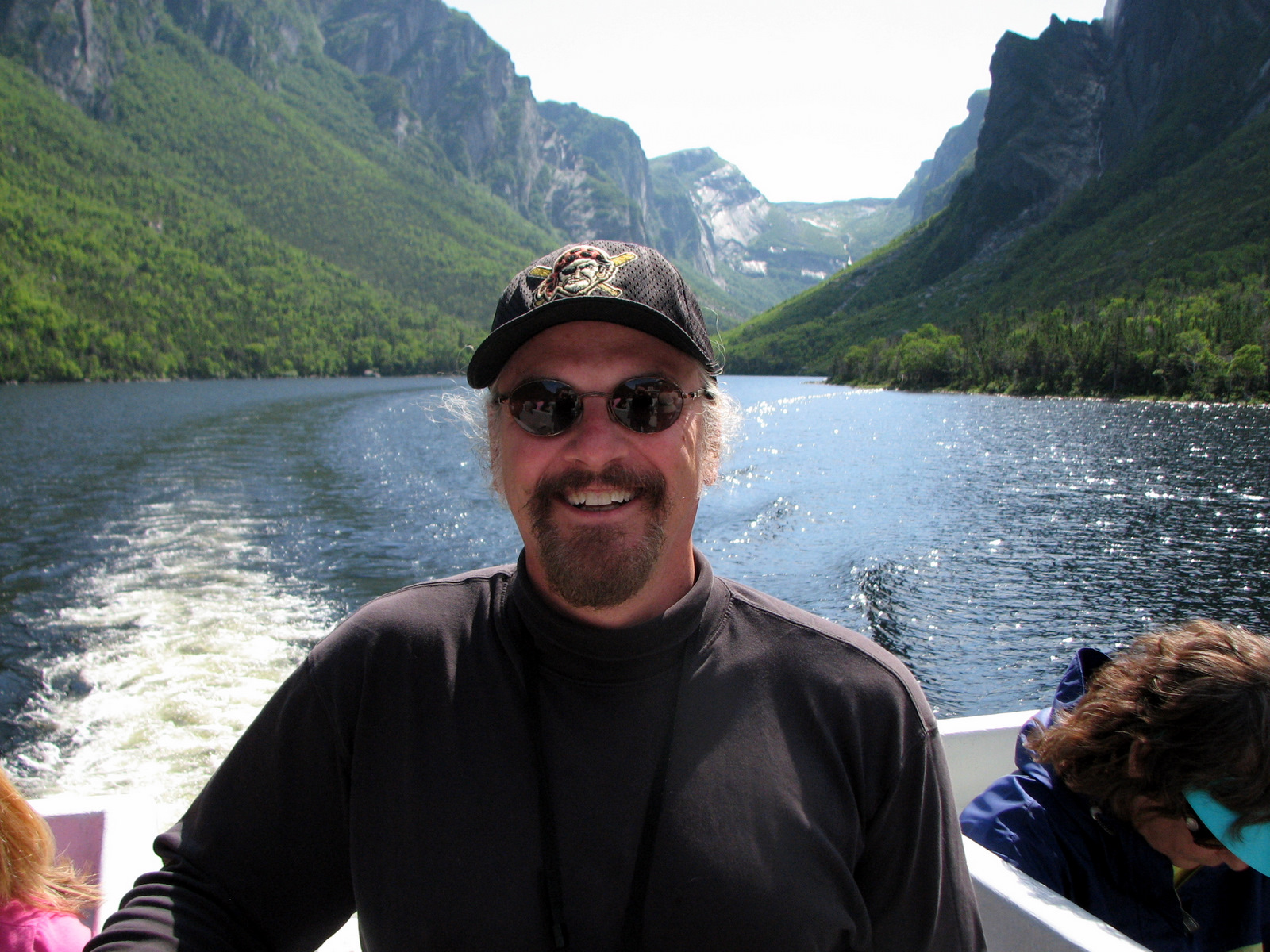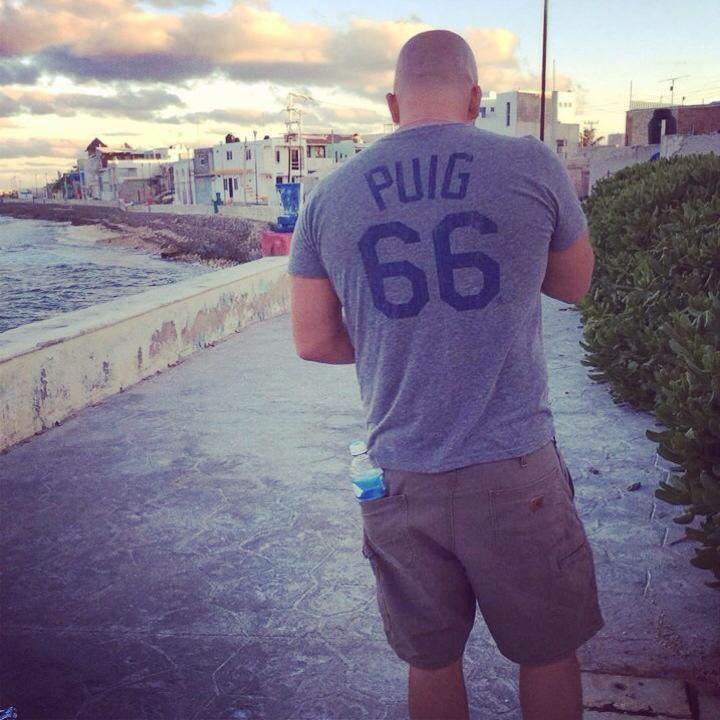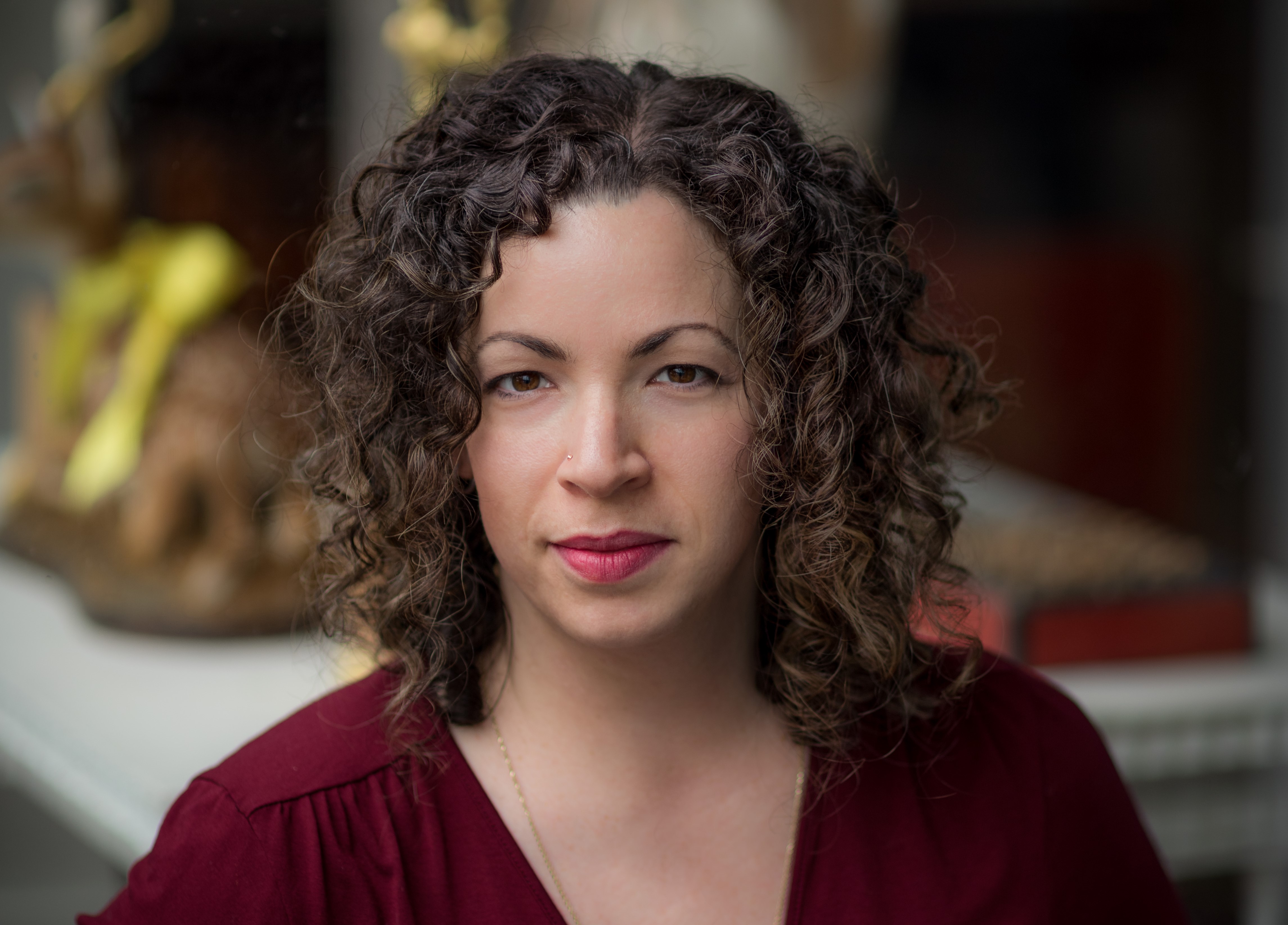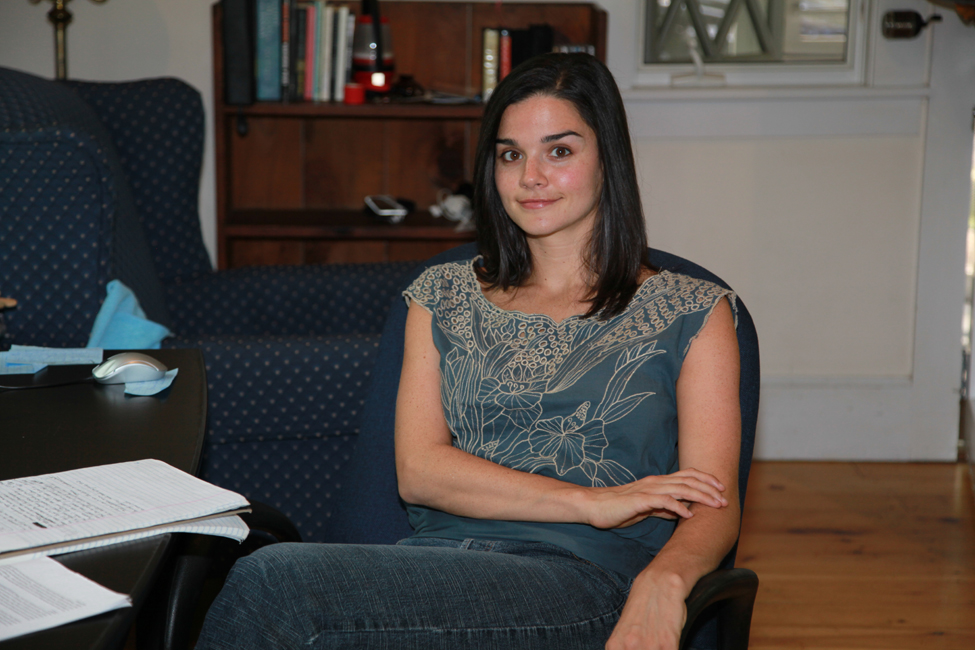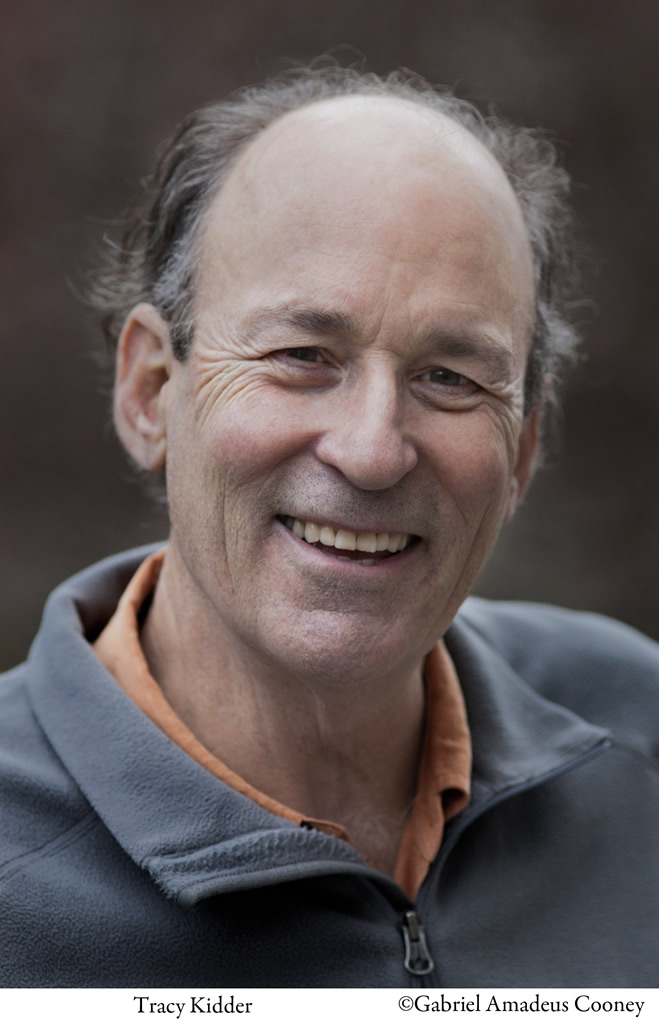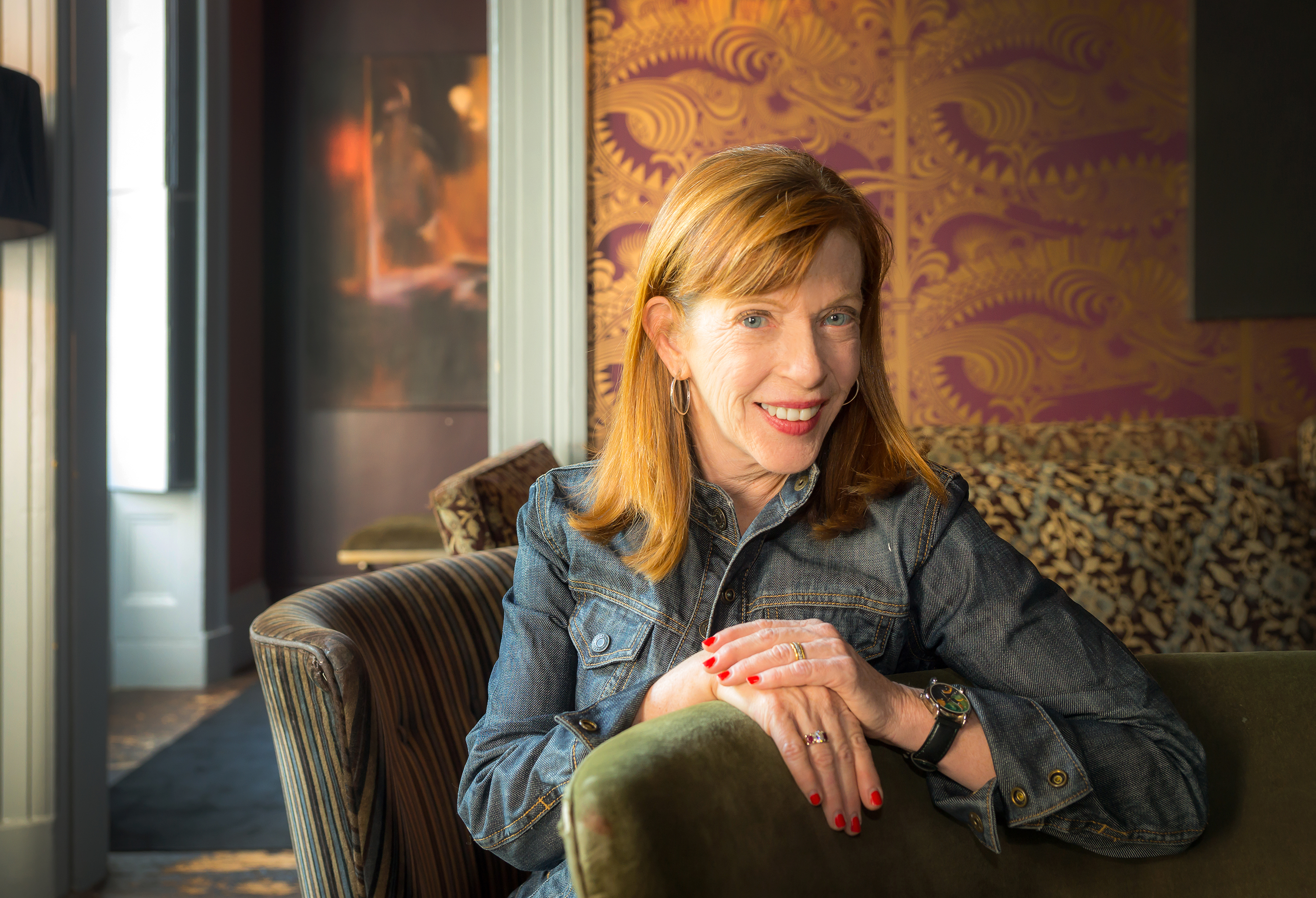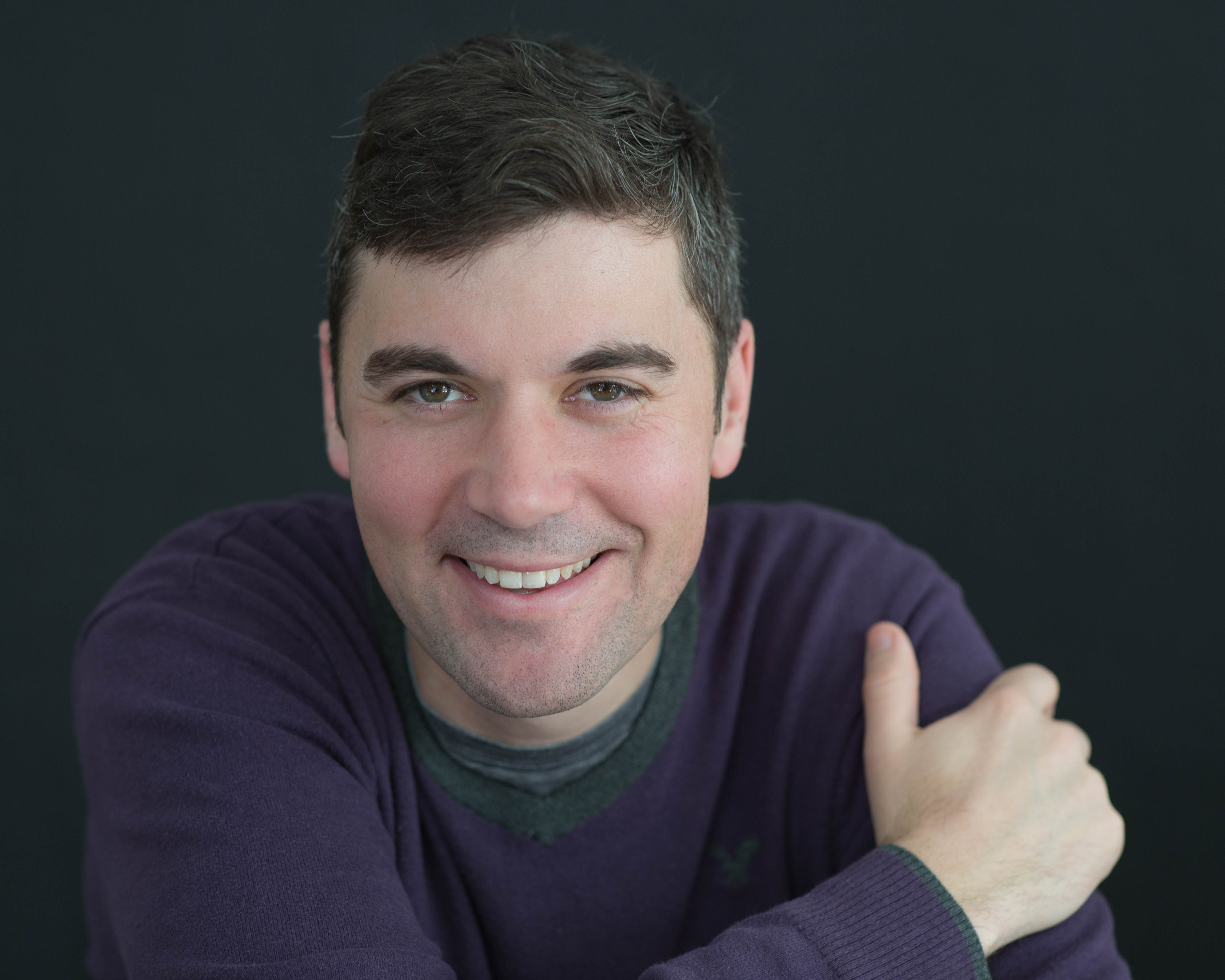By Brendan O’Meara
“What I’m doing when I’m not working is thinking.” —Natalie Singer (@Natalie_Writes)
Hey, this is The Creative Nonfiction Podcast, the show where I speak to the best artists about the craft of telling true stories. Today I welcome Natalie Singer, author of California Calling: A Self Interrogation to the show.
We talk about confidence, or the lack thereof, books as mentors, and day jobs and feeling shame for day jobs. I hope to change that perception over the next six million episodes, but shame is real, man, it is real. This brought up the great story about Andre Dubus III and how he wrote his famous book in 17-minute spurts.
Well, are you subscribed to the show? You can find us on Apple Podcasts, Spotify, and just about anywhere else you get your pods. If you like this episode, tell one friend. Hand the show off like a baton and let them run with it. I’d love to see the show grow. For a small show, we get some big headliners. I’d love to keep that going. The headliners bring more ears so that we little people can get some attention we might not otherwise get. It’s getting there. We march on.
Got a newsletter you should consider subscribing to. I give out reading recommendations, but I’m also thinking of sprinkling in some other cool stuff I’ve stumbled on over the past month in the vein of Austin Kleon’s newsletter. I love his newsletter. I’m gonna Steal Like an Artist. See what I did there?
Okay, this is my conversation with Natalie Singer…
Thanks to our sponsors: Goucher College’s MFA in Creative Nonfiction and Creative Nonfiction Magazine.
So, the show is @CNFPod on Twitter and I’m @BrendanOMeara on Twitter. I don’t know. Following either of those two would be pretty rad. The show is on Facebook too if you’re into that.
You doing the newsletter thing? Subscribe here at the website. And if you like the show, share it with a friend, just one friend. The pod needs to keep on growing. Otherwise, what are we doing? Otherwise people won’t want to come on the show. They’ll be like, you’re not worth my time and I’ll be like, “Man, that hurts, Mom.” So please share it with a friend and subscribe if you haven’t.

